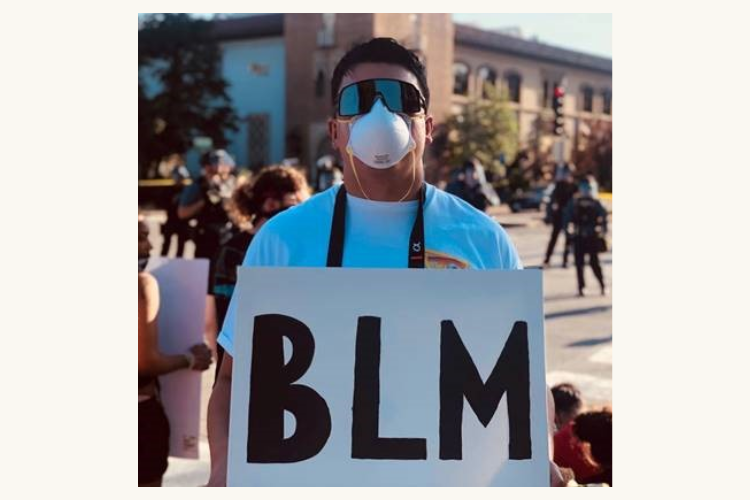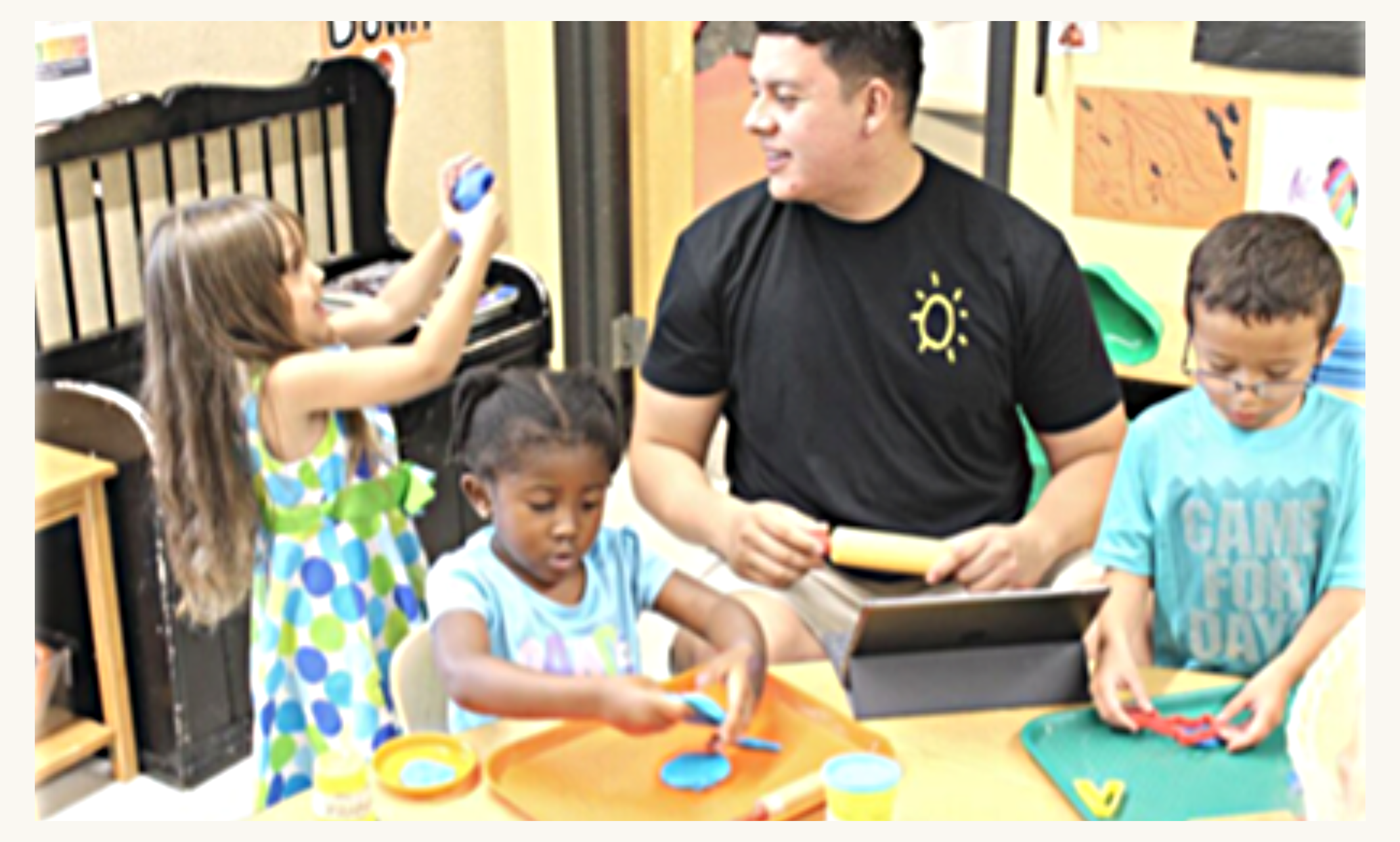Get to know our people and you'll know what UMKC is all about.
Name: Roberto Diaz
Hometown: Pomona, California
Undergraduate University: California State University, Long Beach
UMKC degree program: Education Specialist
Anticipated graduation year: Fall 2020
Growing up in a single-parent home in Pomona, California, Roberto Diaz resisted the influence of gang violence by getting involved in community education programs like the ones he aspires to someday lead. After joining the Marine Corps Reserve his sophomore year of college, which he said taught him discipline and perseverance, he gained transferrable skills that he applies to his journey to becoming a school administrator.
Why did you choose UMKC?
I was teaching in Chicago when I was recruited by Teach for America to come work in Kansas City. From there I joined Kansas City Plus, which is a two-year principal certification program for educators. They have a partnership with the School of Education, so I was able to apply to the education specialist degree program.
Why did you choose your field of study?
I got into teaching when I did City Year and Teach for America. Both of those experiences showed me that there are very few Latinx educators in front of black and brown children. Research shows when students have teachers that reflect their identities, they often do better. This motivates me to stay in education. I currently work at Operation Breakthrough as an education manager and lead instructional coach and hope to someday lead a similar organization in the future.
"I'm grateful to be a part of so many elite veterans and represent Kansas City."
What do you enjoy most about teaching?
Inside every person, there is this inner child that we often neglect due to pressures from adulthood and society. As an early childhood educator, I try to tap into that inner child when I engage with children. I enjoy seeing them light up when they learn something new; it's a unique feeling that not many people get to experience.
What are the challenges of your career field?
I think a challenge for me is trying to advocate for early childhood education when most programs are geared toward K-12. I have to find a way to translate a lot of content through an early childhood lens.
Having an undergraduate degree in political science helps me understand the more systemic issues in education like funding, teacher retention, lack of resources, achievement gap, etc. I can understand from a macro level how systemic issues trickle down into the classroom.

What are the benefits of the program?
I get to influence education for the most underserved children in Kansas City.
When campus reopens, I’m looking forward to being in class.
Are you a first-generation college student? If so, what does that mean to you?
Yes, and I take pride in that because I know my family made a sacrifice to leave their homeland to come here and prosper. My parents were only able to get so far in life because of the lack of resources provided to them; however, I was inculcated with the desire to work hard and be humble, and I can't thank them enough for teaching me those values.
Who/What do you admire most at UMKC?
The different resources it provides students. It’s a great school that challenges its students.
What’s the best piece of advice you have ever received from a professor?
This isn’t necessarily a piece of advice, but a quote from one of my professors, Arthur Jacob, that had a profound impact on me:
He said, “I do not respect a school that turns children away.”
What he was saying is that schools should not pick and choose the children they accept because they want their data to be the best. It made me reconsider my position on charter schools. What about the other children? Where will they go?
“Having an undergraduate degree in political science helps me understand the more systemic issues in education.”
You were recently awarded the Pat Tillman scholarship for veterans. What does it mean to you to have been one of only 60 students, and the only student from the University of Missouri System, to receive the scholarship?
I learned about the scholarship two weeks before the deadline, and it captivated my attention based on the information I had about who Pat Tillman was. Soon after I submitted my application, COVID hit. That gave me a lot of downtime to read more about Pat Tillman and I was amazed. The program supports veterans who are pursuing programs that impact people’s lives. I’m grateful to be a part of so many elite veterans and represent Kansas City.
What’s has your class experience been like during the pandemic?
It’s impacted my education but not too much. I think it’s been difficult knowing that I am missing out on real dialogue in the classroom. We can still interact on Zoom but, in person, the interaction is more organic.
When campus reopens, I’m looking forward to being in class. As an undergraduate, I used to dread going to class but now that it’s online, I realize there’s nothing like having that in-person human connection.
How has your work been impacted by COVID?
When COVID first happened, we closed for a little while but then we opened back up. We’ve been open since May, but we do our best to adhere to health and safety guidelines. From an administrator’s standpoint, the dilemma of virtual versus classroom learning a hard call to make because you wonder where the kids will go -- their parents need to go to work and the kids need to eat. I trust my school leader, Mary Esselman, and I know she is making the best decisions for everyone.
What do you hope to take from your experiences at UMKC into your professional career?
I remember when I got to Kansas City, I was perplexed about the segregation that exists here. Living on Troost, a street known to historically be the dividing line between black and white folks over the course of many years, I experience this division daily. Kansas City has been ranked as one of the most racially segregated cities in America and, in some respects, it remains that way. Segregation existed in LA and Chicago, but it wasn’t as obvious as it is in Kansas City. Here, you can cross one street and literally be somewhere else. I hope to use this experience to inform my decisions as a school leader later down the road.

